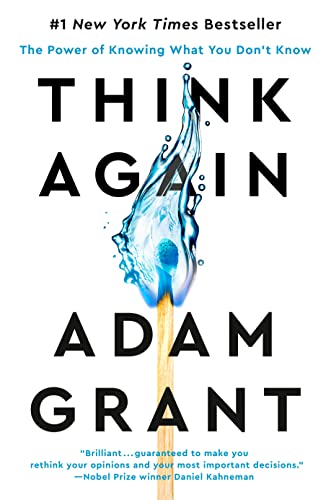

To ask why this is so would be a far more useful project. The world may be like this at times, but often it isn’t. We are told, for instance, to “be conspicuous at all cost,” then told to “behave like others.” More seriously, Greene never really defines “power,” and he merely asserts, rather than offers evidence for, the Hobbesian world of all against all in which he insists we live. While compelling in the way an auto accident might be, the book is simply nonsense. Quotations in the margins amplify the lesson being taught. Each chapter is conveniently broken down into sections on what happened to those who transgressed or observed the particular law, the key elements in this law, and ways to defensively reverse this law when it’s used against you. Each law, however, gets its own chapter: “Conceal Your Intentions,” “Always Say Less Than Necessary,” “Pose as a Friend, Work as a Spy,” and so on.

These laws boil down to being as ruthless, selfish, manipulative, and deceitful as possible. This power game can be played well or poorly, and in these 48 laws culled from the history and wisdom of the world’s greatest power players are the rules that must be followed to win. We live today as courtiers once did in royal courts: we must appear civil while attempting to crush all those around us. The authors have created a sort of anti-Book of Virtues in this encyclopedic compendium of the ways and means of power.Įveryone wants power and everyone is in a constant duplicitous game to gain more power at the expense of others, according to Greene, a screenwriter and former editor at Esquire (Elffers, a book packager, designed the volume, with its attractive marginalia). Grant breaks little to no ground but offers well-intentioned, valuable advice on periodically testing one’s beliefs. We reject the belief but grow to respect the person behind it.” Activist readers, especially those involved in anti-racism work, will certainly disagree. We might still dislike her, but we see her passion for a principle as a sign of integrity. For example: “Even if we disagree strongly with someone on a social issue, when we discover that she cares deeply about the issue, we trust her more. While readers will nod along in agreement with many of his points, some may give pause. Regarding the last, leaders of all stripes can learn from Grant’s incisive discussion of how “you can be confident in your ability to achieve a goal in the future while maintaining the humility to question whether you have the right tools in the present.” As in his previous books, Grant employs earnest, crisp prose and thorough research. Grant investigates rethinking in three areas-the individual, changing others’ minds, and collective environments-and supports his text with research in numerous disciplines as well as entertaining anecdotes on a variety of topics, including the Blackberry, the presidency of Iceland, confirmation and desirability biases, the mindsets of totalitarians, and the values of scientific thinking (“favors humility over pride, doubt over certainty, curiosity over closure”) and confident humility. The author consistently emphasizes the importance of lifelong learning and maintaining an open, flexible mind. Grant, who teaches organizational psychology at the Wharton School of Business, challenges readers to rethink their outlooks on an ongoing basis, and he often makes time-tested concepts feel fresh. Our worldview-that assemblage of instincts, habits, assumptions, and experiences-is something we hold dear.

Though rethinking and unlearning are not new intellectual exercises (Socrates: “The unexamined life is not worth living”), they are worth revisiting. The bestselling author of Originals (2016) returns with an exploration of the theoretical and practical values of rethinking and mental agility.


 0 kommentar(er)
0 kommentar(er)
